US intelligence believes that Iran, North Korea, China and Russia are the biggest security threats.
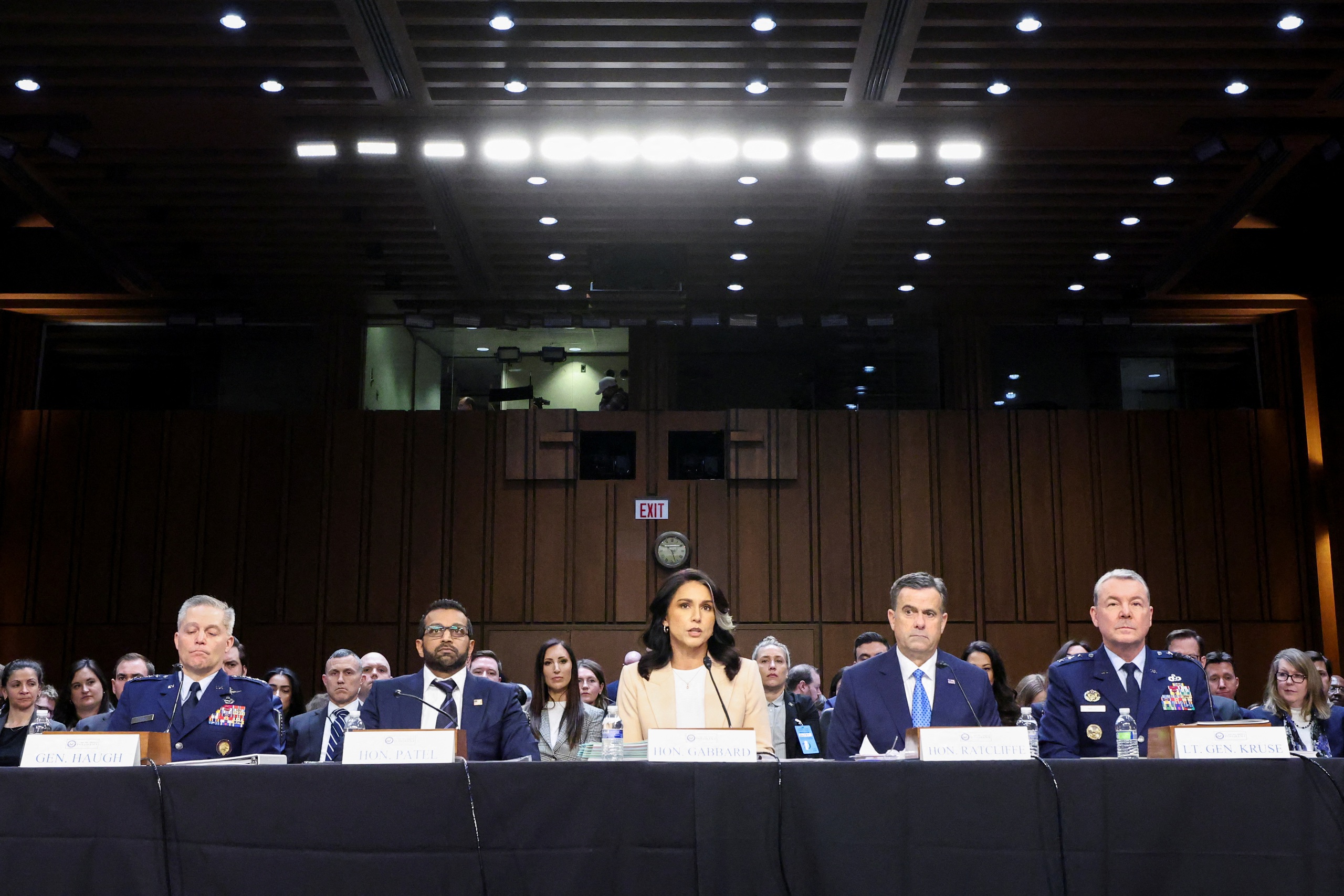
Intelligence agency leaders testify at US Senate hearing
AP news agency on March 25 quoted US Director of National Intelligence Tulsi Gabbard as saying that China has invested heavily in stealth aircraft, hypersonic weapons and nuclear weapons and is seeking to surpass the US in artificial intelligence.
Noting Russia's large nuclear arsenal, she called the country a "formidable adversary." She added that while Iran is not currently seeking to build nuclear weapons, it has become an important arms supplier to Russia.
Additionally, she said, North Korea is still pursuing military capabilities that could allow Pyongyang to strike US forces in the region and at home.
She made the statement during a hearing before the Senate Intelligence Committee on global threats to the United States.
“In some cases, these actors are working together across multiple domains to target US interests,” she warned.
A report by the intelligence community released on March 25 said that China remains the top military and cybersecurity threat to the United States.
According to the US intelligence community's annual threat assessment report, China has the ability to attack the US with conventional weapons, breach US infrastructure through cyber attacks and target US assets in space, and seeks to replace the US as the leading AI power by 2030.
The report said that along with Iran, North Korea and China, Russia is seeking to challenge the United States through targeted campaigns to gain an advantage, with the campaign in Ukraine providing the country with "many lessons about fighting against Western weapons and intelligence in a large-scale war."
Also testifying before the committee are FBI Director Kash Patel and CIA Director John Ratcliffe. They are scheduled to testify before the House Intelligence Committee on March 26. According to ABC News, these intelligence officials are having their first opportunity since taking office to testify about threats to the United States and what the administration is doing to deal with them.
Speaking at the opening of the hearing, Senator Tom Cotton said that US intelligence agencies were not well prepared to deal with threats.
Mr Cotton said that after years of “drift”, the intelligence community “must recommit” to what he said was its core mission of “collecting covert intelligence from adversaries”.
Mr. Trump talks about the leak
Sen. Mark Warner, a Democrat and vice chairman of the Senate Intelligence Committee, criticized the sending of a text message about a planned attack in Yemen to a group that included a reporter, calling it the kind of careless behavior that would normally result in dismissal. He criticized the Pentagon and intelligence officials involved in the group.
However, Mr. Ratcliffe insisted that his messages in the group were completely authorized, legal, and did not contain classified information. Similarly, Ms. Gabbard said that no classified documents were shared.
Regarding the above incident, NBC News quoted President Donald Trump as saying that the incident "was just a glitch for 2 months and not a serious thing".
Fox News on March 25 quoted a source as saying that Mr. Trump does not intend to fire National Security Advisor Michael Waltz over the incident. In addition, Mr. Waltz also has no intention of resigning.
"Michael Waltz learned his lesson, and he's a good man," Trump said.
Source: https://thanhnien.vn/gioi-tinh-bao-dieu-tran-ve-nhung-thach-thuc-an-ninh-lon-nhat-cua-my-185250325223517385.htm


![[Photo] Dong Ho Paintings - Old Styles Tell Modern Stories](https://vstatic.vietnam.vn/vietnam/resource/IMAGE/2025/3/29/317613ad8519462488572377727dda93)


![[Photo] Prime Minister Pham Minh Chinh and Brazilian President Luiz Inácio Lula da Silva attend the Vietnam-Brazil Economic Forum](https://vstatic.vietnam.vn/vietnam/resource/IMAGE/2025/3/29/f3fd11b0421949878011a8f5da318635)


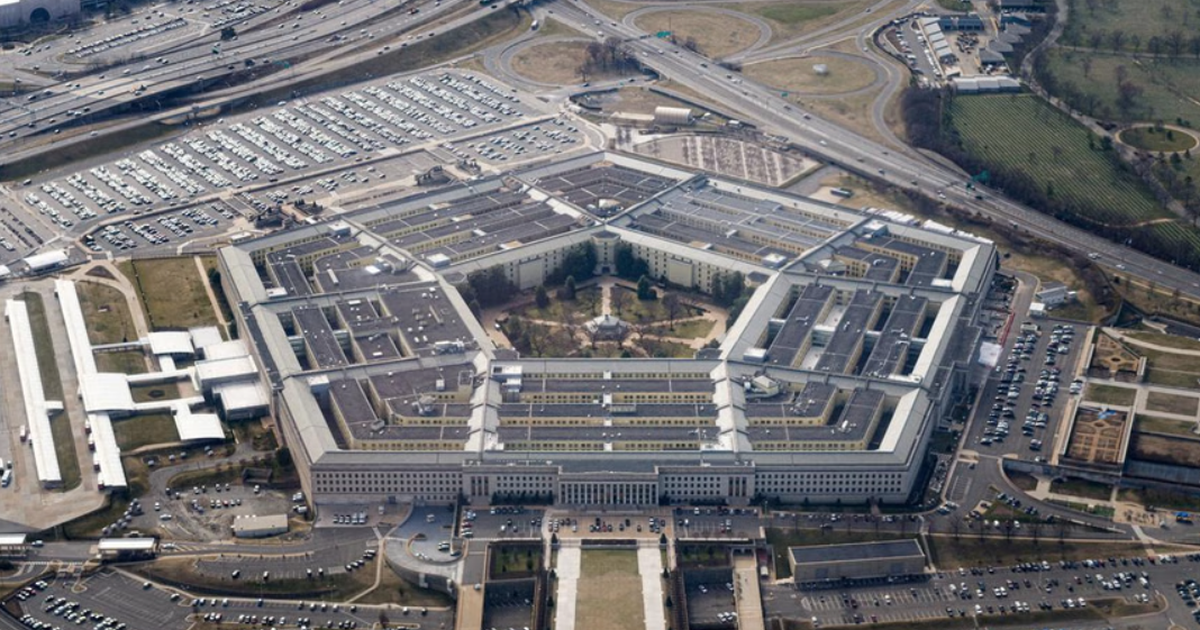

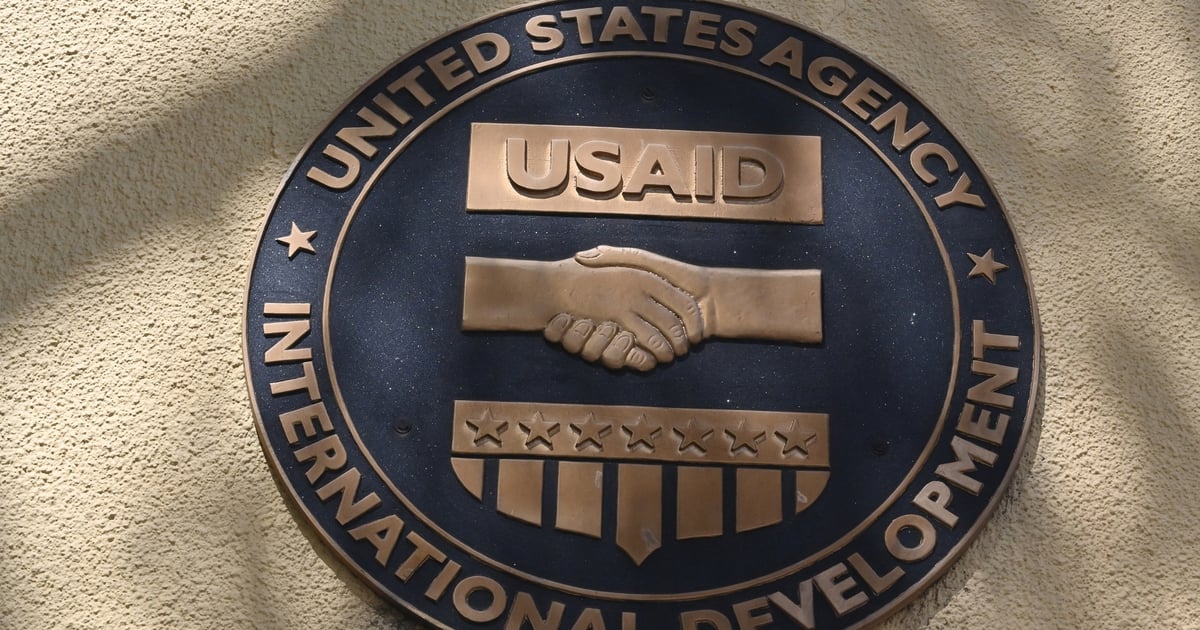

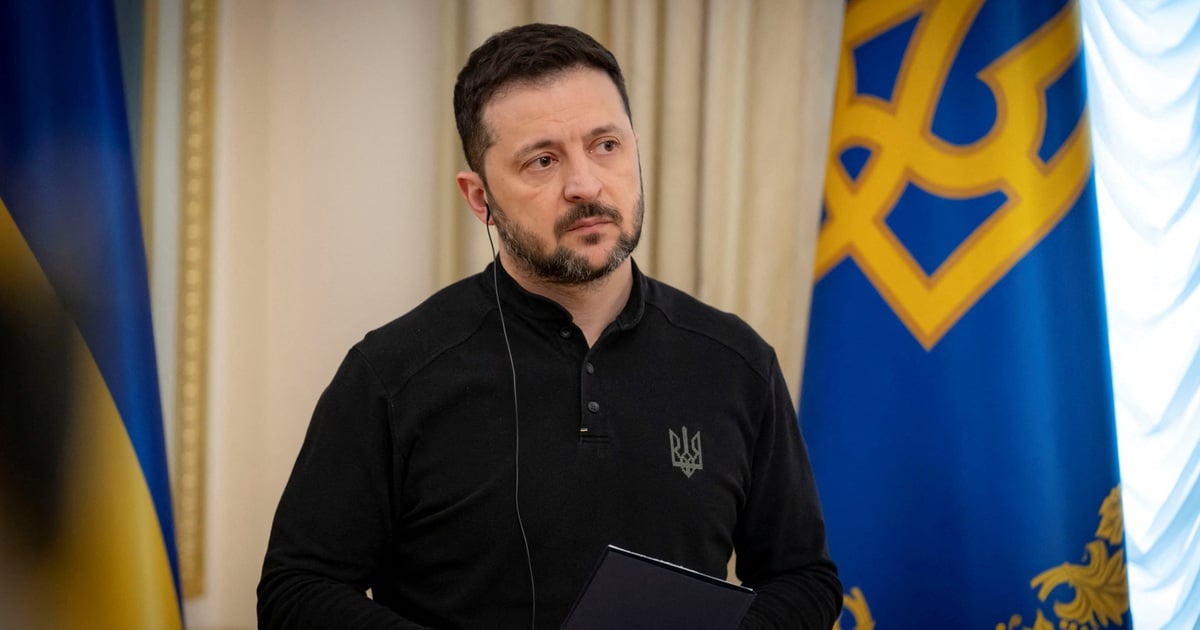
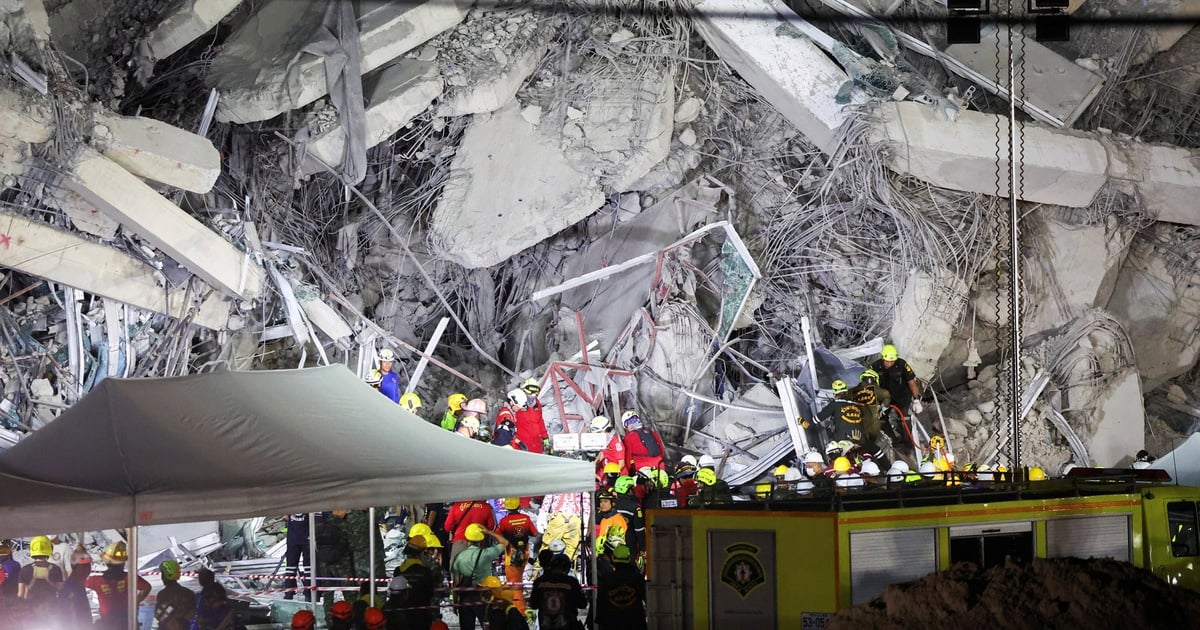
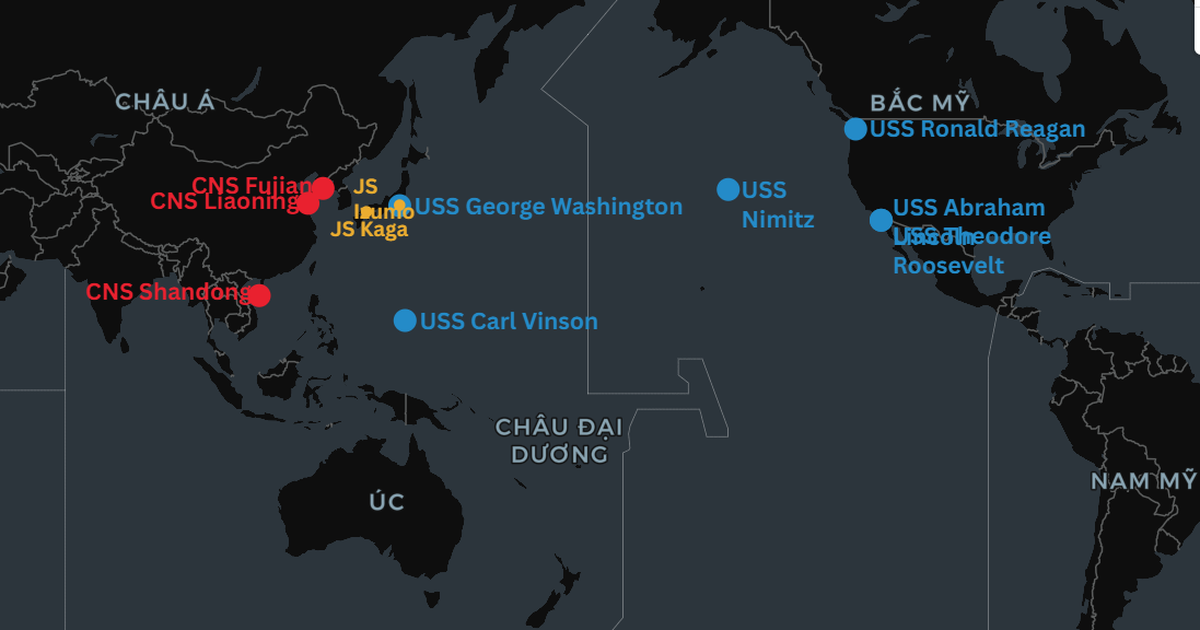











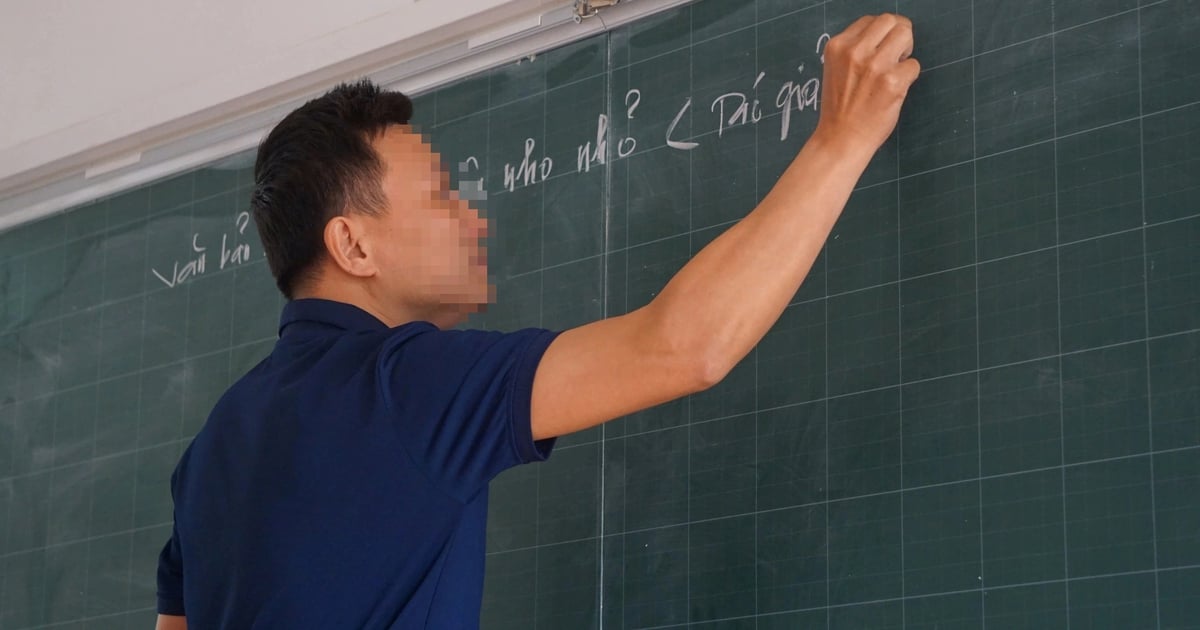


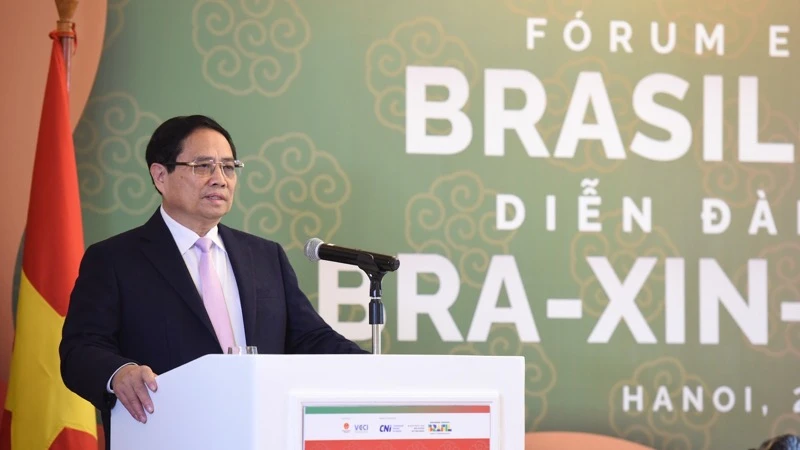





























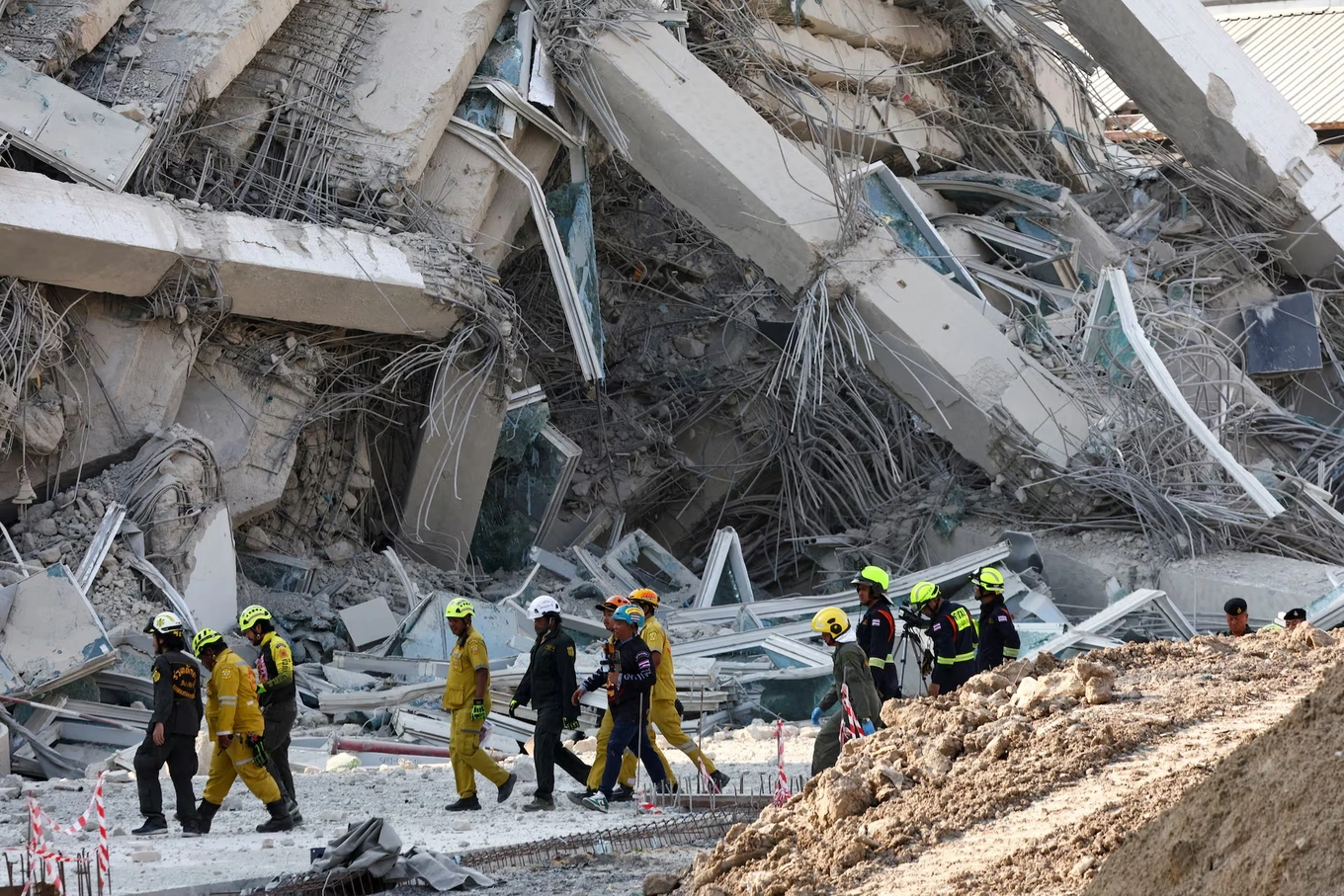


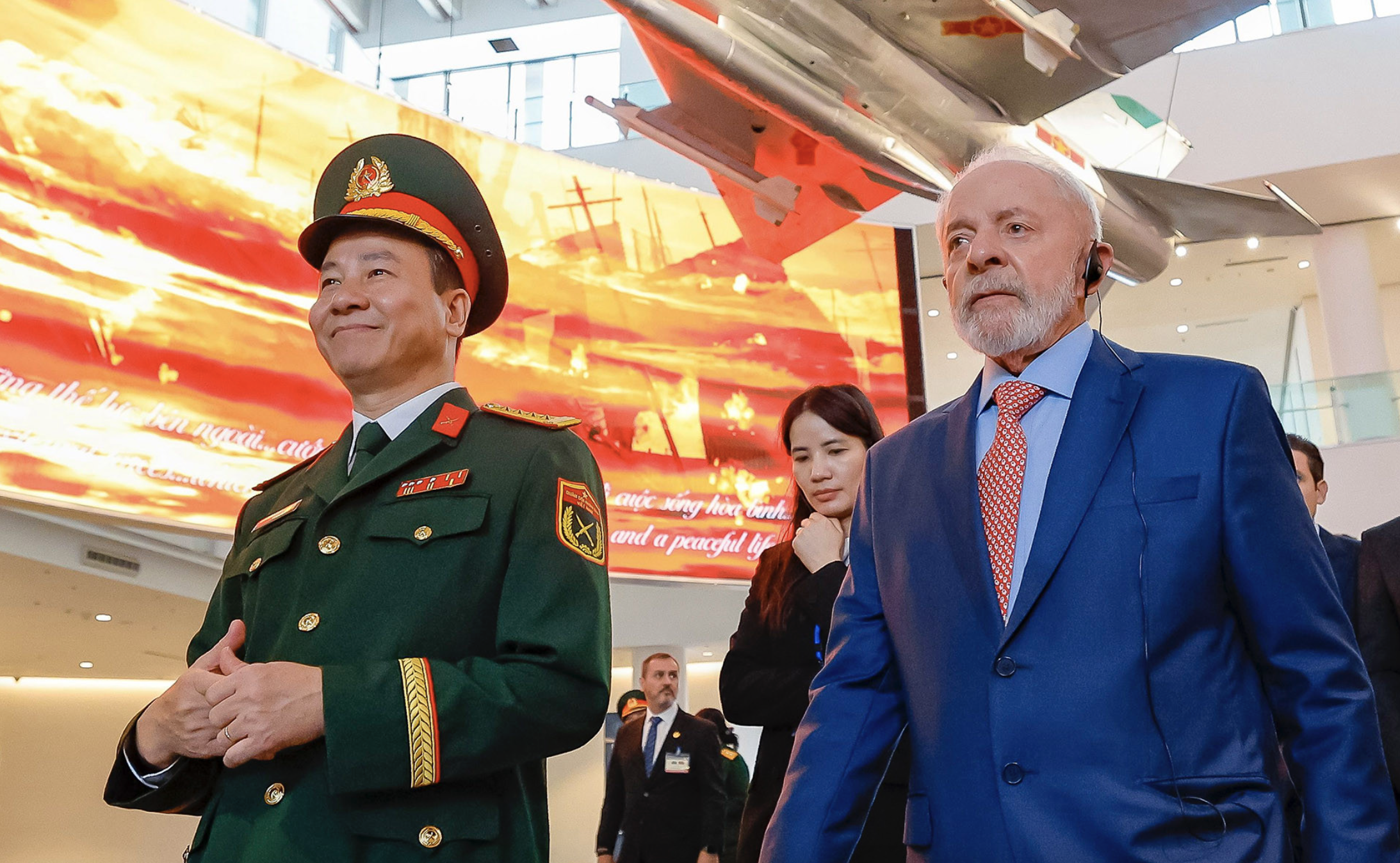

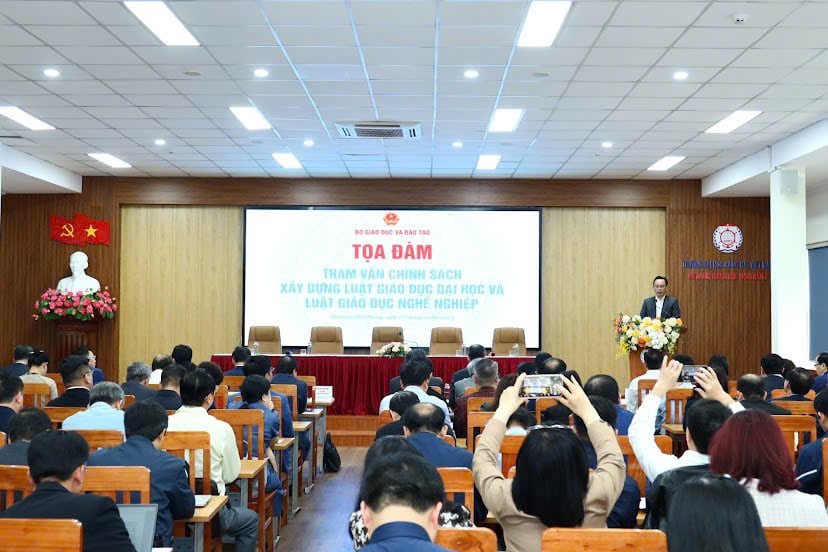




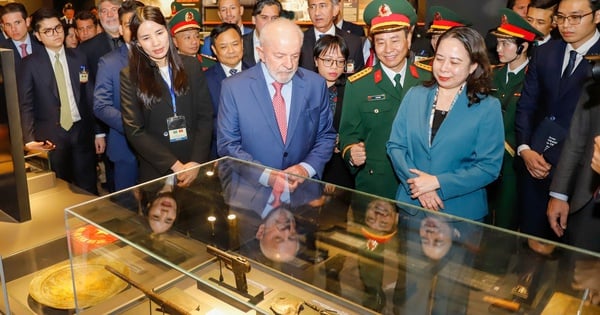





















Comment (0)